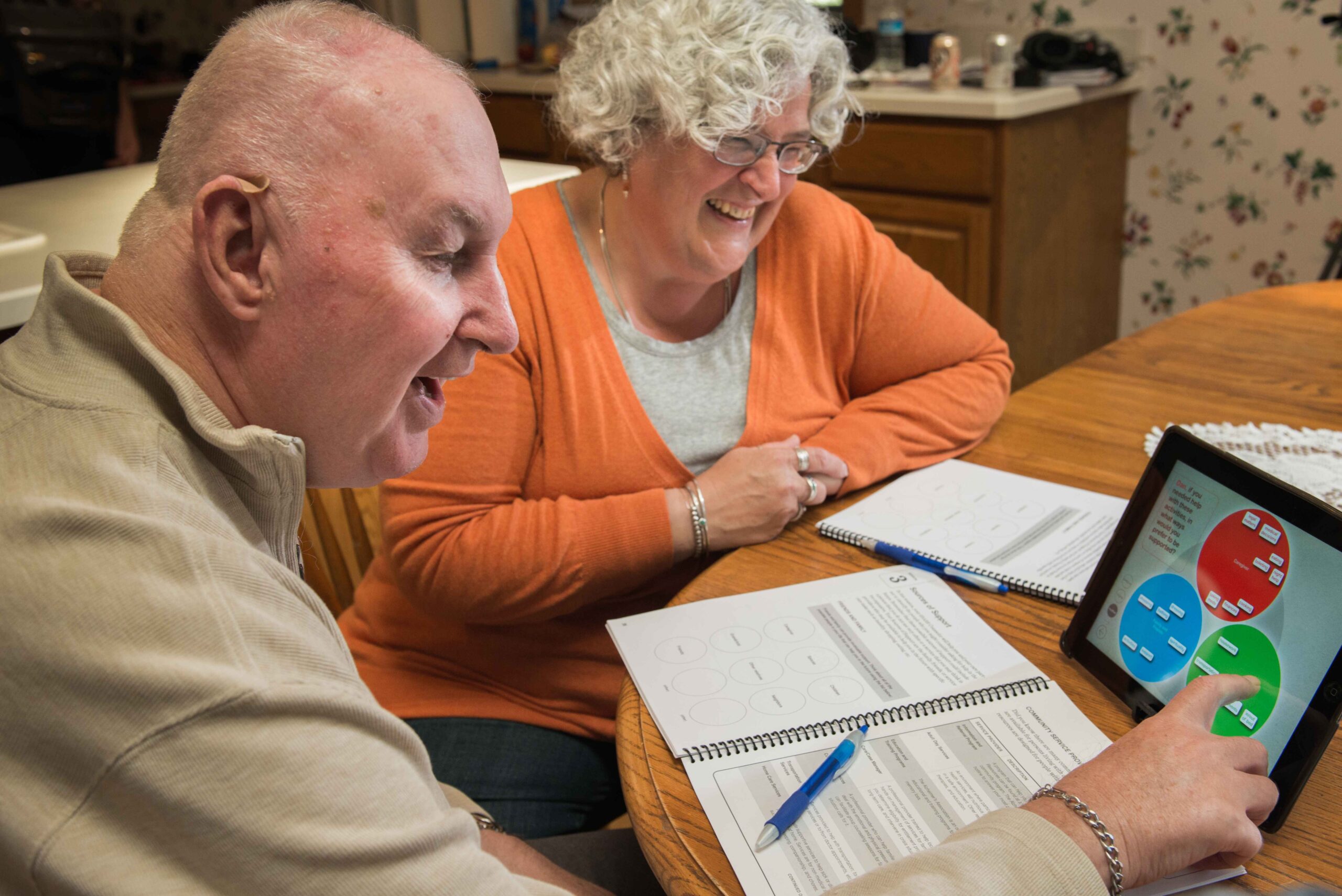
SHARE for Dementia
An evidence-based care-planning program that empowers adults with early-stage dementia and their families to get the most out of today while planning for tomorrow.
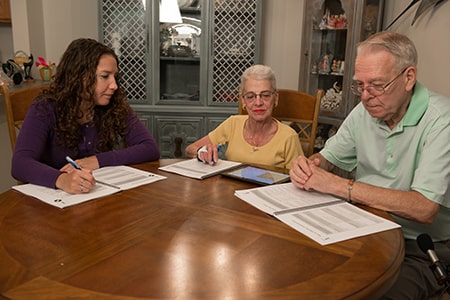
Engaging families early in the dementia journey
SHARE fills an important gap in dementia care by engaging the person with early-stage dementia and their care partner in planning for the future through discussions about symptoms, care values and preferences, and healthy activities.
The six-session SHARE program is designed to engage both the person with early- or mid-stage dementia and their care partner in discussions about symptoms, communication, care values and preferences, healthy activities and planning for the future.
SHARE involves the person living with early-stage dementia visually as well as verbally, enabling them to participate in making decisions about how to best handle their daily activities should the time come that they need assistance with things such as managing finances, food shopping and preparation, personal hygiene or other tasks. Read more on the SHARE Fact Sheet.
Easy-to-use iPad app guides the process
Families utilize a free, intuitive SHARE iPad App to begin the communication process and coordinate care options. The iPad app lists tasks that could be assigned to either their care partner, family and friends, or service providers.
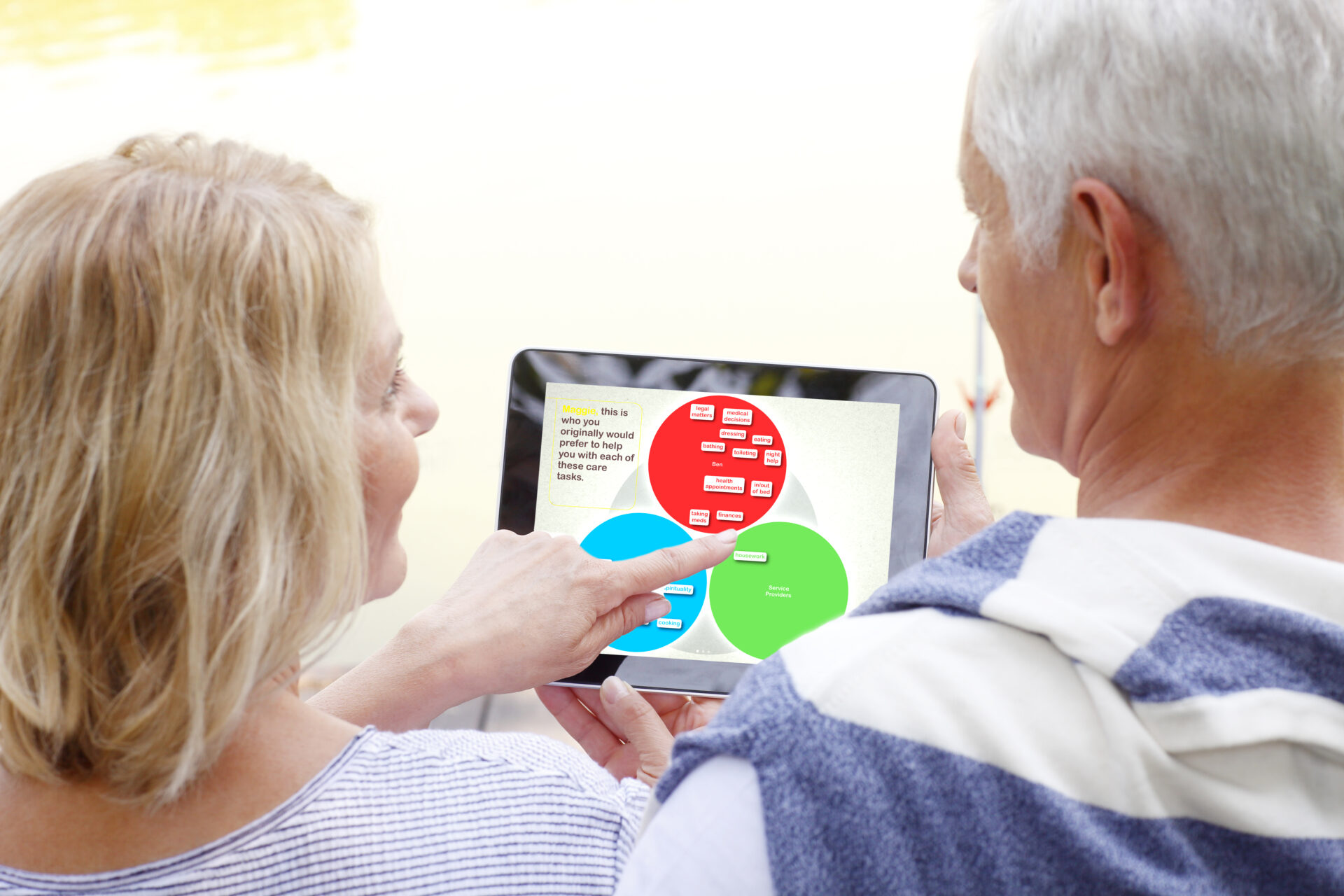
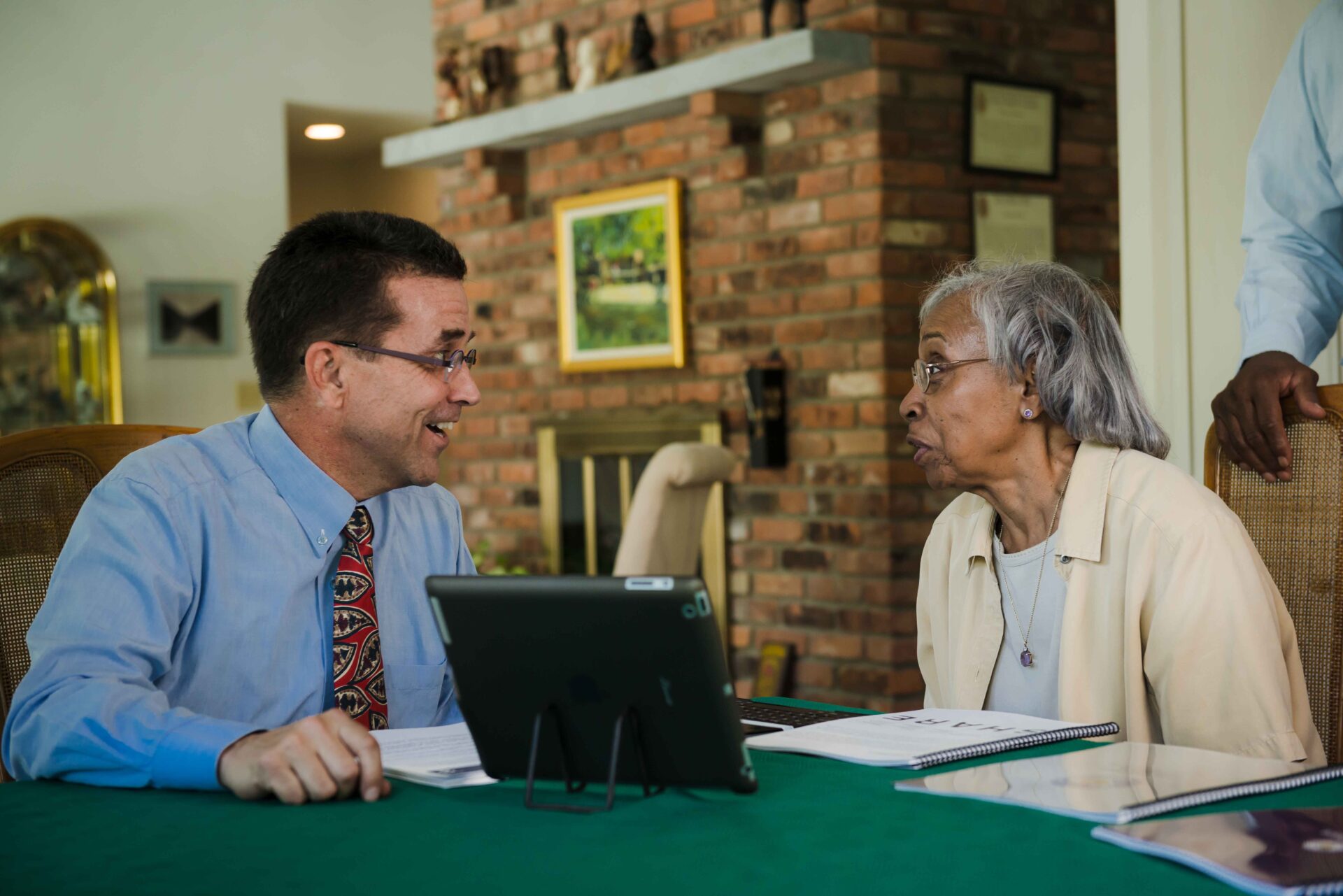
Full training for SHARE counselors
This program is available to professional organizations who serve older adults living with dementia and their family care partners. SHARE Counselors can be social workers, geriatric case managers, counselors, program educators, nurses and other professionals who work with older adults and their families.
SHARE Counselors participate in an interactive online training course, complete with videos to demonstrate techniques, exercises to solidify knowledge and real case examples to highlight concepts. They also have access to SHARE Counselor Coaching to enhance their training, and both counselors and families receive written manuals for ongoing reference.
Evidence-based program with proven results
SHARE is based on two decades of research by the Center for Research and Education, part of the Benjamin Rose Institute on Aging and one of the nation’s premier centers for applied aging research.
The research indicates that individuals with early-stage dementia benefit from an intervention that increases their active participation in their care plan. Outcomes include:
- High program satisfaction
- Improved communication
- Increased use of services
- Development of a care plan for the future
Read about SHARE on the pre-approved list of evidence-based programs available on the National Council on Aging (NCOA) website.
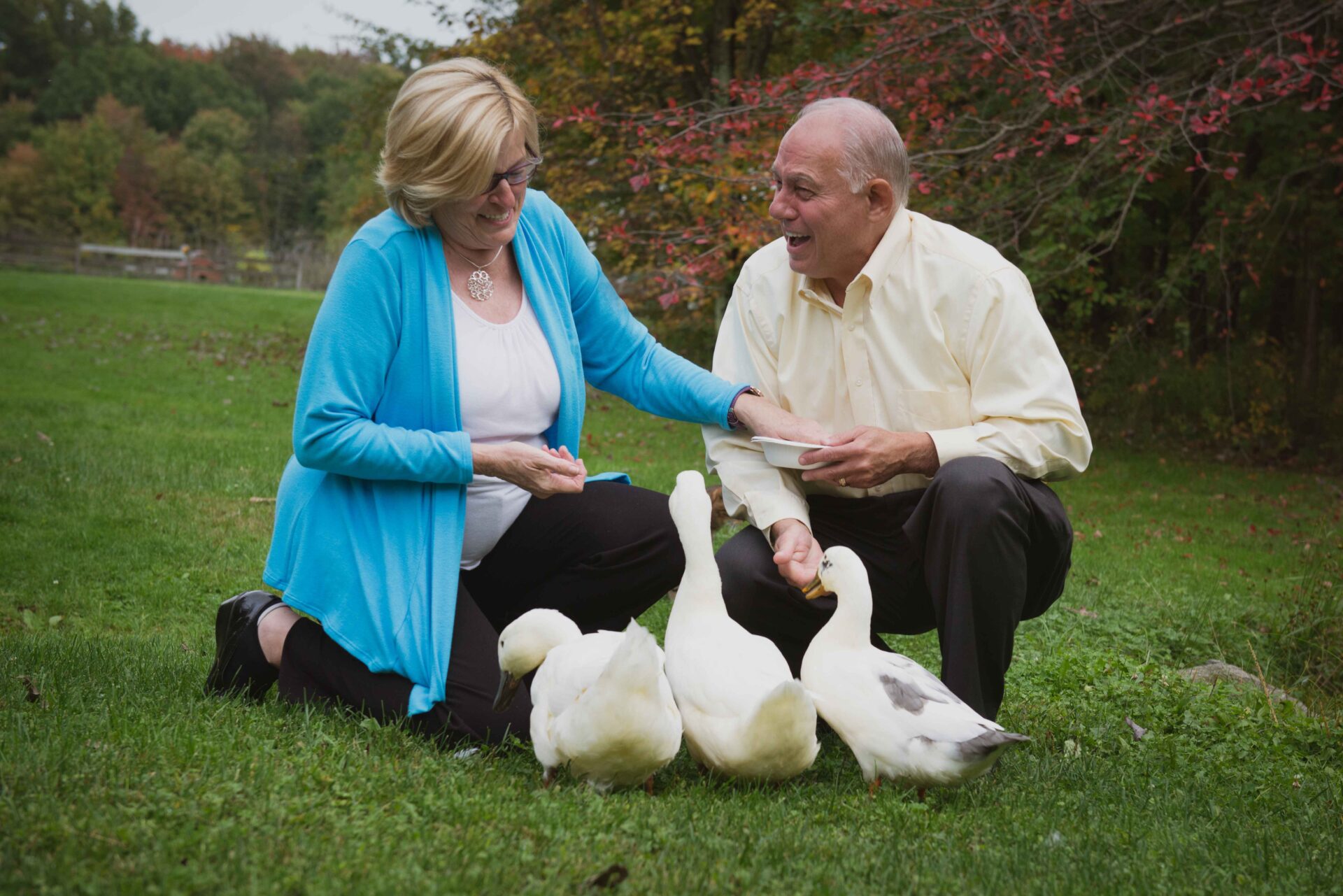
Learn more about SHARE
Take a few minutes for a quick overview of the SHARE for Dementia program and how it can help families.
Have questions?
For more information on SHARE for Dementia, please email share@benrose.org or call 216-373-1693.

The “BPC Approved” badge is given to dementia caregiving programs that pass strict criteria for inclusion in Best Practice Caregiving, a database of the top dementia caregiving programs in the U.S.